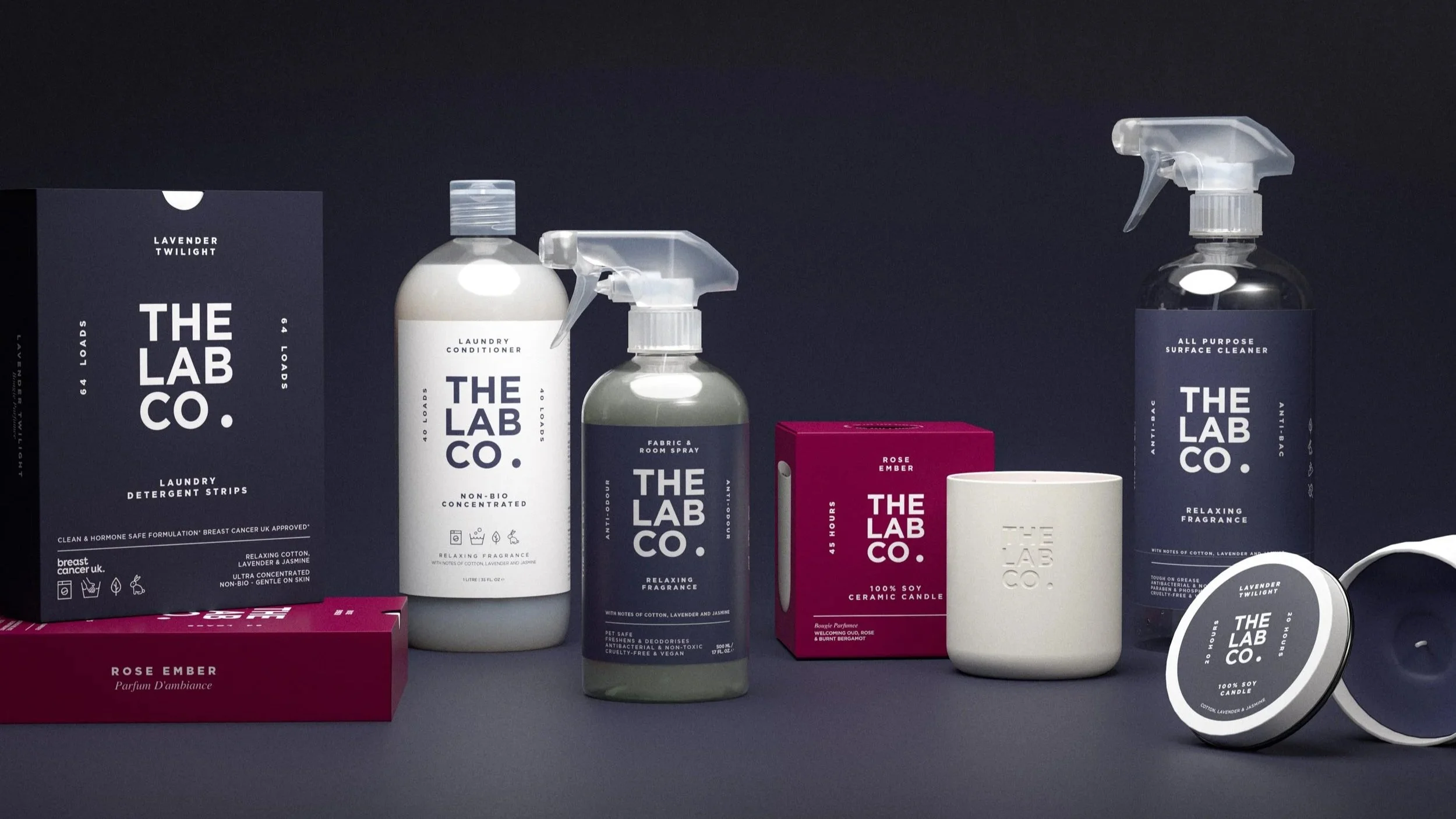Sarah's Health Notes: Natural ways to help soothe eczema
Eczema is a beast. This inflammatory, dry skin condition, aka dermatitis, affects millions of people from babyhood to old age, causing unbearable, often constant itching that leads to ferocious scratching until the skin is red, raw and weeping. According to the National Eczema Society (NES), the most common form – atopic eczema – affects one in five children and one in ten adults in the UK.
Although it’s non-contagious so you won’t catch it from a sufferer, some people inherit a familial tendency to atopic dermatitis, as with hayfever and asthma (known collectively as the ‘atopic cascade’).
There’s a whole bunch of types of eczema, including discoid (which I suffered from for decades), seborrheic dermatitis (which can affect the scalp – I know a couple of men with this) and also contact dermatitis which occurs as a result of contact with irritants or allergens in the environment, affects 9% of the UK population and is the most common type of work-related skin disease. The NES has information on all these.
Cosmetic ingredients may also be the triggers for some people. Some years ago, a group of dermatologists were so worried about the widespread problems with a widely used preservative called methylisothiazolinone (MI) also its close relation methylchloroisothiazolinone MCI), and the lack of attention from regulatory bodies that they took the bold step of going to the press, including me (I was then Health Editor of the Mail on Sunday YOU magazine).
Here’s what the NES says about MI/MCI in relation to allergic contact dermatitis: ‘The most common causes of allergic contact dermatitis on the face are fragrances/perfumes (both natural and synthetic) and preservative chemicals in toiletries and cosmetics (e.g. methylchloroisothiazolinone and methylisothiazolinone also known as Kathon CG).’ It also warns about methacrylate allergy, often because of acrylic nails. I wrote about this here. So if you have eczema, do please read ingredient labels.
All sorts of triggers can make eczema flare up from weather and climate, to what you eat or drink. Processed food is always worth avoiding, and for several people I know cutting out gluten has had a significant effect. (Since I stopped eating gluten almost totally I haven’t had any eczema. See my article here.)
The standard conventional treatment is steroid creams but users may develop tolerance to them so they stop working; they may also thin the skin. Pharmacist Shabir Daya recommends a three-pronged approach with natural products:
1. An omega-3 supplement such as Bare Biology Life & Soul Omega-3 Fish Oil Daily Capsules /£28.50 for 60 capsules, dose two daily.
There is also a Bare Biology Omega 3 Fish Oil For Kids, from 6 months to 12 years /£29.50 for 100ml.
2. Soothing shampoo and body wash such as Botanical Therapeutic Shampoo & Body Wash /£25 for 500ml
3. Skin soothing topical product such as Hopes Relief Intensive Dry Skin Rescue Cream /£18.49 for 60g
Hopes Relief also offer a Goats Milk Body Wash /£13.99 for 250ml
and a Dry Itchy Flaky Scalp Shampoo /£17.99 for 200ml




